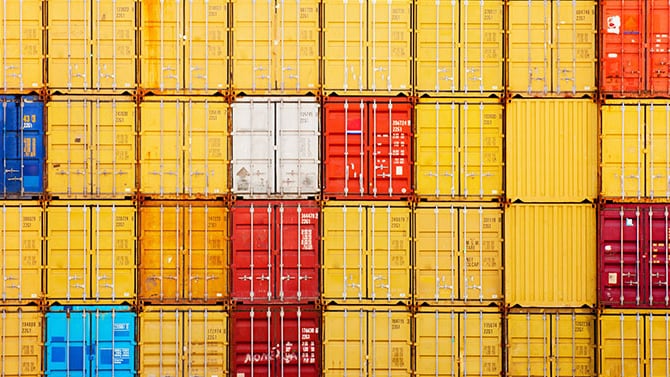
Swiss edition:
‘25th Annual Global
CEO Survey‘
From CEO to CEO
When times are uncertain, we managers and decision-makers need to give one thing above everything else – certainty. We must do this with respect to growth, jobs, transformation, cybersecurity and supply chains. And especially with respect to the future. This is no easy task, but it is one that unites us CEOs worldwide.
We want to help you keep an eye on the big picture and provide you with certainty about sustainable answers – especially at a time when so many questions remain unanswered.
I wish you an inspiring read.
Andreas Staubli
CEO, PwC Switzerland
Our findings summarised
Growth
The CEOs we surveyed in Switzerland in 2020 had high expectations that the global economy would make a comeback. 2021, the second year of the pandemic, has evidently met their expectations. The participants in our new survey are highly optimistic that the global economy and core markets will grow over the next 12 months.
Sustainability
Climate change ranks fifth in the threat barometer, with 85% of the CEOs in our survey mentioning it. They rate the urgency of doing business sustainably – for example, with a net zero promise or through carbon neutrality – as equally high. Swiss and international regulations impose sustainability requirements with varying degrees of severity on most companies – especially in the financial sector and in energy-intensive industries such as steel, cement and manufacturing. Sustainability is no longer just a marketing theme, but a matter of mandatory compliance. The intensity of the regulations will only increase in the next few years.
Developing standardised approaches
81% of the CEOs in our survey state that their industries don’t yet have a standardised approach to decarbonisation. Cross-sectoral approaches to decarbonisation are just starting to be established, and uniform standards and frameworks are currently being developed. For these standards and frameworks to be effective, companies need to work with the upstream (suppliers) and downstream (consumers) links in their value chains, communicate interdependencies and jointly define targets. This dialogue is happening, but its progress is slow.
Strategy
The pandemic has accelerated the industry-specific transformations that we have described above but has not influenced companies’ strategic decisions on how to respond to them. It has magnified the issues – as if with an immense magnifying glass – and forced companies to see their urgency. Issues such as supply chains and warehousing were at the top of the agenda for CEOs and boards in 2020, but the pandemic year of 2021 has brought bigger, transformation issues to the table. These have thrown companies’ entire business models – together with their available resources and their infrastructures – into question.
‘For years, the strategy discussion was about efficiency and costs. Today, the focus is on major industry transformations and on sustainability as an overarching goal.‘
Cyber
Cybersecurity is the threat that the CEOs in our survey are most worried about – all of them named it – and this is not only because hacking is mentioned so frequently in the media. People have gained a deeper understanding of cyberattacks and their consequences during the last two years. A lot of managers know people from their own professional networks who have been affected. However, most managers still have little idea how to counter the threat or where investments would achieve the fastest and best results. CEOs know how long it can take to close gaps in their companies’ defences that date from the past.
Supply chain
In the spring of 2020, the pandemic showed internationally networked companies that their supply chains can cause them existential risk. In some sectors, production facilities had to close entirely, and raw materials, semi-finished products and components could not cross borders at all, or were severely delayed, during the lockdowns. Common global supply structures were rendered useless overnight. So companies tried to rid their supply chains of weak points and dependencies – as much as they could – and to purchase and produce more regionally and locally.

Survey participants
This study is based on the ‘25th Annual Global CEO Survey‘ conducted by PwC Global in 2021. The participants were surveyed in November 2021. Around the world a total of 4,446 CEOs were surveyed in 89 countries, including 100 CEOs in Switzerland. Global sampling was weighted according to national GDP to make sure that the views of the CEOs in the important regions of the world are fairly represented. In Switzerland, the participants completed an online questionnaire.
CEO, Zurich, PwC Switzerland
Stéphanie Tobler











